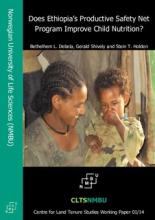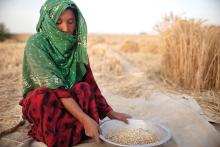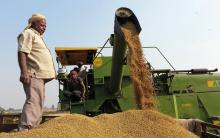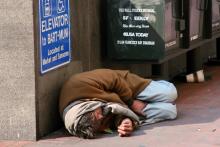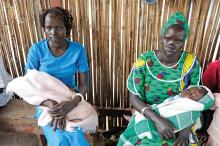Land Library
Welcome to the Land Portal Library. Explore our vast collection of open-access resources (over 74,000) including reports, journal articles, research papers, peer-reviewed publications, legal documents, videos and much more.
/ library resources
Showing items 91 through 99 of 381.This study investigates attitudes towards legalizing land sales and Willingness to Accept (WTA) sales prices and compensation prices for land among smallholder households in four different areas in the Oromia and SNNP Regions in the southern highlands of Ethiopia.
We use recent panel data on Tanzanian farm households to investigate how previous exposure to weather shocks affects the impact of a current shock.
We study the link between Ethiopia’s Productive Safety Net Program (PSNP) and short-run nutrition outcomes among children age 5 years and younger. We use 2006 and 2010 survey data from Northern Ethiopia to estimate parameters of an exogenous switching regression.
Livestock are critical to building sustainability in food and agriculture. Current and future livestock sector development needs to produce more, from less, and in ways that benefit all.
Livestock are kept for a wide range of purposes in Africa, and there is considerable diversity in animal husbandry. Among the most important advantages in keeping animals is their contribution to maintaining and even improving soil fertility.
Tropical forage grasses and legumes as key components of sustainable crop-livestock systems in Latin America and the Caribbean have major implications for improving food security, alleviating poverty, restoring degraded lands and mitigating climate change.
The former Soviet Central Asian republics have undergone de-intensification of their livestock sectors, resulting in an increased reliance on natural pastures. Property rights systems are key to the sustainable management of this resource.
Pastoralism – the predominant form of livestock keeping in the Horn of Africa – has always been a source of disputes and tensions in the region.
The growing global demand for animal products also offers poor livestock keepers the opportunity to switch from the subsistence to the market economy.



